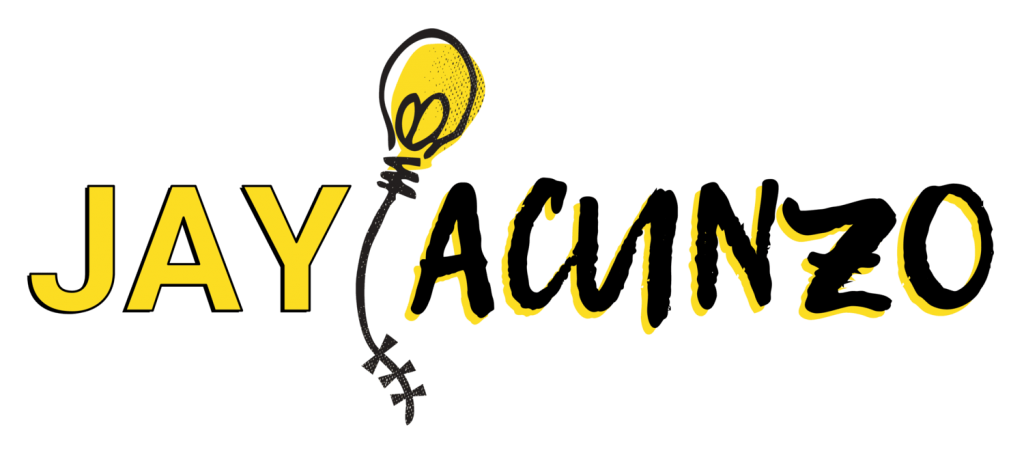It’s the dream opportunity – you’ve been booked for an interview on a podcast.
What now?
How can you prepare so you are interesting, memorable and appealing to the people you want to reach?
A couple of years ago, I was on the Flying Solo podcast talking about how small business operators could improve their content marketing by using journalism skills.
When the thirty-minute spot was up, I didn’t remember anything I’d said.
Interviews are like that – it’s nerve-wracking and slightly intoxicating to have all that attention focused so intently on you.

But I do remember what the host Robert Gerrish said after we finished recording.
The best interviewees come with something for the audience.
Tips, ideas, suggestions that can help people.
Stories that are interesting and illustrate what they’re talking about.
Experiences that people can relate to.
The best guests know what they want people to remember long after the interview has ended.
Being generous, being clear and being prepared is the way to an interviewer’s heart and to the listener’s memory banks.
I’ve kept that advice tucked away time for every time I do an interview. Each time I am far better prepared and enjoy the process more when I take some time before the interview to consider how I can serve the audience and in doing so, serve myself.
But what does being prepared look like?

Jay Acunzo is an award-winning podcaster and digital media strategist who works with some of the world’s top brands to create memorable podcasts.
He has a vast range of experience in doing podcasts and interviews.
He’s also one of the nicest people I follow. When I wrote to ask him about what makes a great podcast guest, he responded straight away.
Enter with the mindset that you’re on the show to serve the audience. The rest takes care of itself.
Jay Acunzo
What is the best preparation to be a podcast guest?
Communicate your ideas a lot. Say Yes to every opportunity to speak or appear on a show. Write a ton and write every week or every day. Get feedback from people who consume your work—or should. Become an investigator, not an expert. The latter is table stakes. The former makes for the best material and insights you can share. (As a host, I don’t want to book people based on their bio. I want to book them based on their ability to serve my audience. So, show you’ve done that with other audiences or your own.)
What do you wish all your podcasts guests knew?
Pretty simple: examples, examples, examples. The best guests don’t need to know my audience (it’s on me to ensure they’re a relevant guest and have a basic understanding of the audience before we start). The best guests don’t need to know me (ditto). The best guests absolutely need to be prepared to answer the question, “Can you share examples?”
Real-world stories — theirs and those they’ve seen or gathered — beat general theory and ideas any day. It’s the most compelling tape a host can capture, and the best final episode for listeners (read: guests look the best!).
How can your guests make the most of the opportunity to be on the show?
Be prepared. Do your research and come with stories and examples. And speak as you would to someone face to face. Ditch the talking points and corporate speak.
What’s the worst thing a podcast guest can do?
Pitch-slap the audience. Everyone listening wants something that will serve them, not you. If you really want listeners to follow you, explore your work, or know your business, then do something genuinely worth following. Be so interesting and valuable and charming that they can’t help but want to explore what you do elsewhere. If you have to sneak-sell or pitch what you do, everyone loses: listeners, the host, and you. Enter with the mindset that you’re on the show to serve the audience. The rest takes care of itself.
What’s the most surprising thing that a guest has done – good or bad?
It’s so simple but so rare: They’ll point to past episodes and build on them. I love it because it helps promote those episodes to listeners, as well as earns my trust. Listeners love it because they hear someone who is thoughtful and thinking critically (and uniquely, without being redundant) about the topic my show explores.
Jay writes about doing better work by forging your own path. His book, Break the Wheel, is a brilliant insight into how to do it and his newsletter is one of the few I read every time it lands in my inbox.
And my top three for being memorable and interesting?
1. Know how your business can help people and be ready with some real-life examples of how it has.
2. Be able to explain why it’s important for you to do the work you do – have a story that demonstrates your commitment and passion.
3. Have a ‘failure’ story about something that challenged you but also grew your business and your mettle – we learn more from those stories than from success stories.
And of course, everything here will not only help with podcasts but any time you have the chance to get in front of an audience.



This is a keeper, Sherene! I’m very new to being a podcast guest, and wish I’d read your post before my first interview last week. I felt confident and well prepared, but with this guide it would have been better because I would have focussed on the audience rather than the host.
I am so glad it was helpful! Thanks for your lovely feedback. I’m putting together a brief guide to being a podcast guest so if you have anything you’d like to see addressed in that, feel free to leave them here and I’ll look into it.